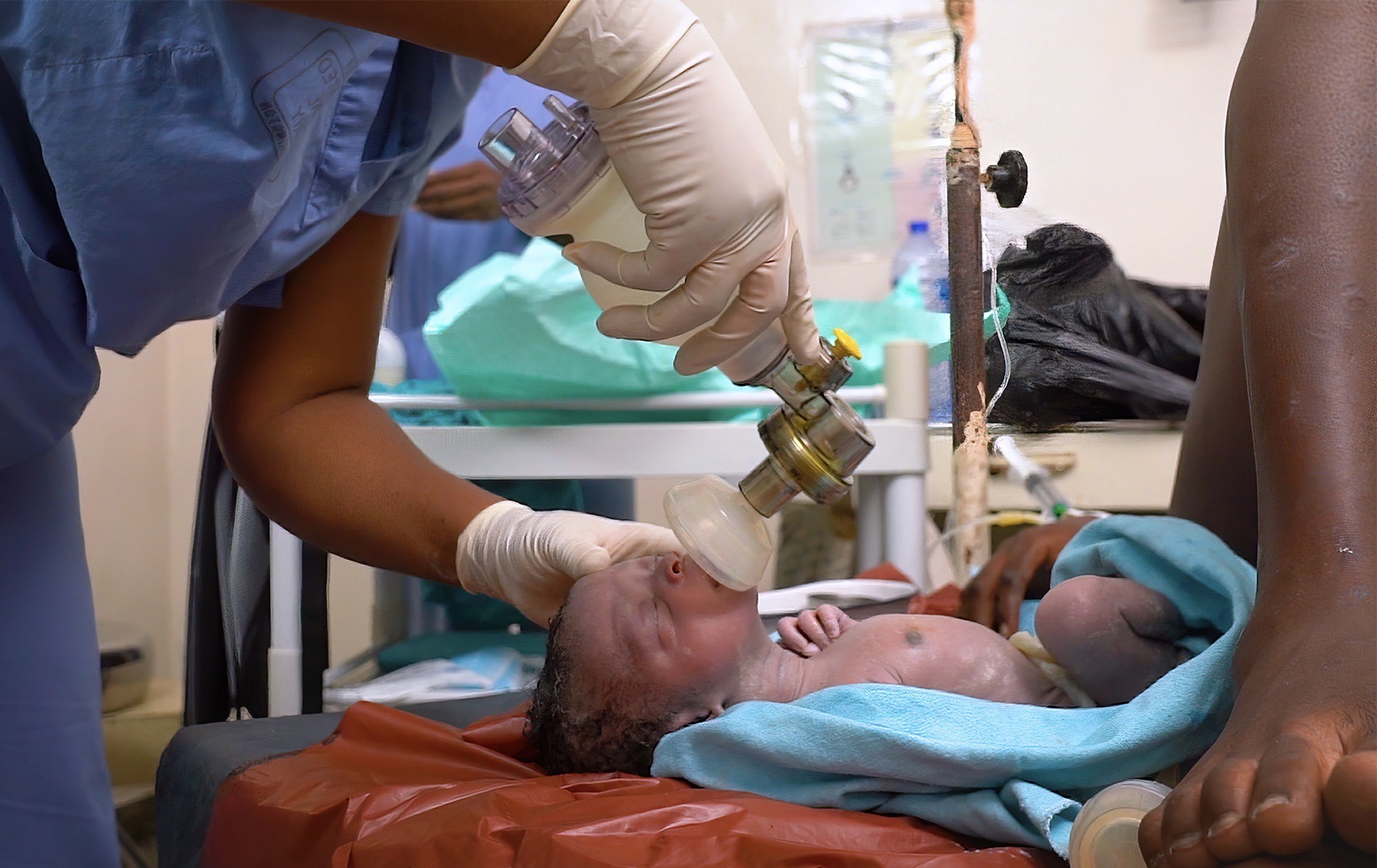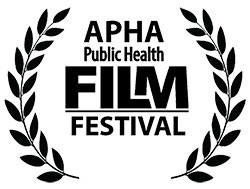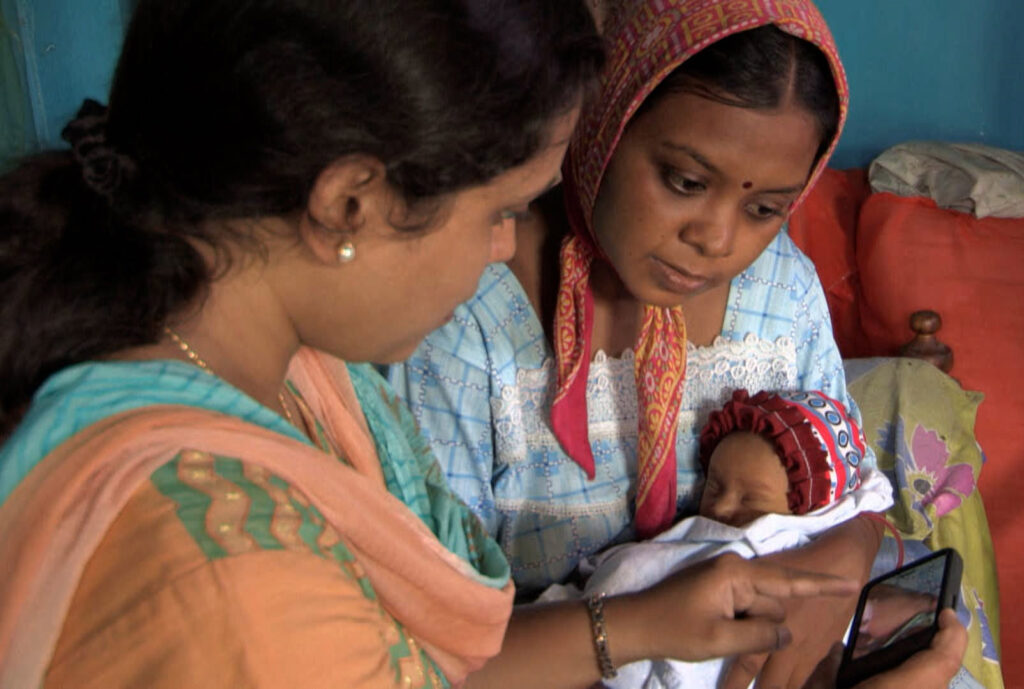Newborn Care Series
Our Newborn Care Series is designed to teach health workers best-practice care of newborns as well as how to identify clinical signs.
We chose newborn care as our first initiative to help address the crisis of high rates of newborn mortality and morbidity in developing countries. Most newborns at risk can be saved with low-cost, low-tech interventions that our videos bring to life. This series covers skills in caring for newborns, newborn problems, and special care (including referrals and home visits).
The newborn care videos started as our pilot series in 2011. We continued to add videos as we obtained footage in subsequent film shoots. In 2016, we created a set of seven videos in collaboration with Save the Children to address the management of seriously ill young infants when referral to a hospital is not possible.

Watching the Helping Babies Breathe video should make everyone believers in the power of newborn resuscitation. Thank you for making an incredible contribution to this important cause.
Patricia Bromberger, MD, Neonatologist, USA
In 2018, we undertook our most challenging production to date: live newborn resuscitation. A newborn in need of resuscitation is a rare occurrence. Filming this skill completely and correctly requires being present at every birth a woman consents to, before the baby is born. It requires a clinician who is capable of doing the skill following the HBB guidelines as perfectly as humanly possible and having the commitment to be on at every birth. The entire maternity is also involved to support access for the film team and the clinician at every birth. Our team prepared and practiced our camera angles at the resuscitation stations in each delivery room. We filmed for two+ weeks in four countries – Ghana, Indonesia, Rwanda, and Nepal – and were finally successful at our last site in Nepal.
A tremendous amount of work has gone on “behind the scenes” to ensure the accuracy, authenticity, and humanity of our newborn care videos. We are very grateful to all the people who have given their time and expertise so generously to make this video series a reality.
How our newborn care videos are making a difference
Many newborns who die in developing countries, die from preventable causes. Better training and better recognition of clinical signs can make an important difference in saving these children. Our newborn care videos are used throughout the world in both pre-service and in-service training. Because students and trainees clinical time may be limited, the videos often provide them with their only opportunity to see a clinical problem and learn how to treat it.
The newborn care videos have been selected for use in several well-known and highly respected training courses. Among these are the WHO Essential Newborn Care course and the Helping Babies Survive modules developed by the American Academy of Pediatrics.
Testimonials
Awards
Helping Babies Breathe at Birth—our film using live footage to show the basic steps of newborn resuscitation—was screened at the American Public Health Association (APHA)’s Film Festival, held in conjunction with the APHA annual meeting, in November 2019. It was one of eight films selected in the highly competitive Global Health category.
Acknowledgements
Primary Sources
Care of the Newborn Reference Manual, Save the Children, 2004
Managing Newborn Problems, WHO, 2003
Integrated Management of Childhood Illnesses Chart Booklet, WHO, 2011
Helping Babies Breathe, Provider Guide, Second Edition, American Academy of Pediatrics, 2016
Content Experts
Karen Hays, DNP, CNM
Beena Kamath-Rayne, MD, neonatologist
Goldy Mazia, MD, pediatrician
Susan Niermeyer, MD, neonatologist
Dave Woods, MD, neonatologist
Clinical Sites
DOMINICAN REPUBLIC – Hospitals: San Lorenzo de Los Mina, San Vicente, San Pedro de Macorís
NIGERIA – Murtala Muhammed Specialist Hospital, Kano
INDIA – Indira Gandhi and Daga Memorial Hospital, Nagpur
NEPAL – United Mission Hospital, Tansen
HAITI – Saint Therese Hospital, Hinche
GHANA – Korle Bu, Accra and Tema Memorial Hospital, Tema
NEPAL – Paropakar Maternity Hospital, Kathmandu
Health Worker “Actors”
Dominican Republic – Amaira Gonzalez, MD, pediatrician
Nigeria – Yashua Alkali, MD, pediatrician
Nigeria – Mohammed “Sulieman” Bello, MD, pediatrician
India – Ashish Lothe, MD, pediatrician
India – Sonal Datir, MD, pediatrician
Nepal – Rachel Maharjan, MD, pediatrician
Nepal – Jagat Jeevan Ghimire, MD, pediatrician
USA – Dionne Heyfiger, nurse
Ghana -Joana Boakye, midwife
Film Team
Deb Van Dyke – producer, director
Mark Binder – videographer
Bishnu Kalpit – videographer
Peter Kent – videographer (Nigeria)
Joe Brunette – videographer (Ghana)
Andrea Campbell – videographer (DR)
Laurie House – editor (early series)
Tony Bacon – editor (later series)
Lorelei Pepi – illustrator, animator
Charlotte Blake Alston – English narrator
Jeanne Bernier – French narrator
Maria Alexandra Granja – Spanish narrator
Funding Support
We would like to acknowledge the generosity of our friends and neighbors in the Mad River Valley of Vermont—and beyond—for their steady support since the beginning of this initiative. We are also grateful to MCHIP/USAID and Jhpiego/Nigeria for field support during our film shoot in Kano, Nigeria in September 2011.




